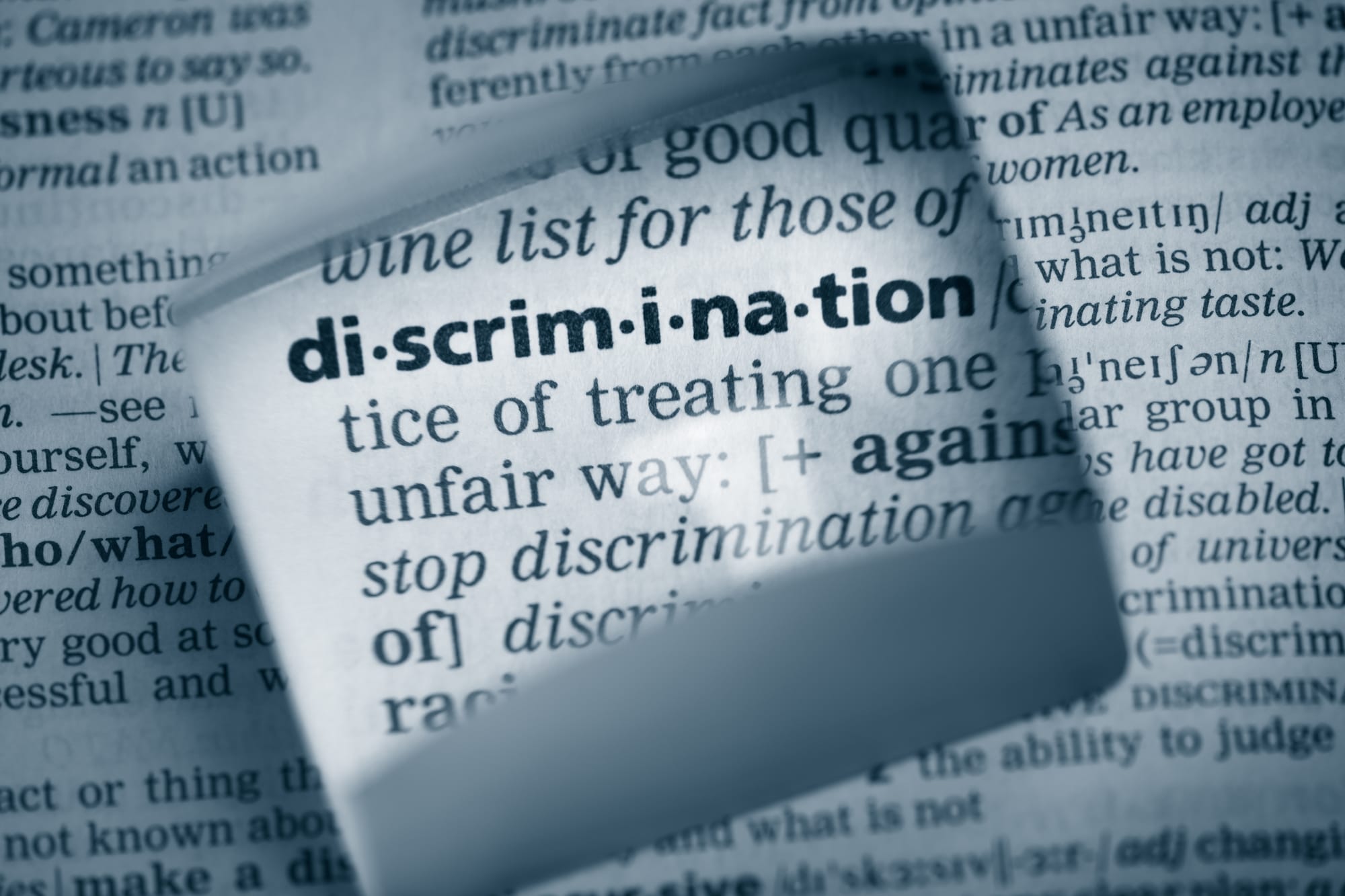
The Moomba “riot” of 2016 was Victoria’s most significant episode of public disorder since the G20 protests of 2006. Although the events of Moomba were insignificant compared to the 2011 England Riots, media and the opposition party were quick to label Moomba as a “riot”, despite it not meeting the generally accepted criteria within the criminological sphere.
The disorder that occurred during the Moomba Festival, and the response to the events of the night, has nevertheless had major political consequences at both the state and federal level. Most visibly, it’s sparked a wave of heavily racialised media narratives about “African gangs” that have gained further momentum in the lead-up to the 2018 Victorian state elections. Much of the negative rhetoric has targeted members of the South Sudanese community in Victoria, who have faced ongoing stigmatisation and prejudicial attitudes for a number of years. Indeed, 77 per cent of the South Sudanese participants in the 2015 Scanlon Foundation Survey reportedly experienced discrimination in the past 12 months, the highest percentage of any group.
Stigmatising effects
Community leaders have drawn attention to the harmful and stigmatising effects of this rhetoric, while senior officers from Victoria Police have actively worked to discredit the myth that “ethnic gangs” and “youth crime” are out of control in Victoria. The cooling effect of these counter-narratives is important, but what remains missing from the debate are the voices of young people from the South Sudanese community.
Thanks to an Industry Collaboration Grant awarded by the Faculty of Arts in 2017, Monash criminologists Dr Kathryn Benier and Dr Jarrett Blaustein in – collaboration with Dr Diana Johns of the University of Melbourne and former Monash PhD student Dr Sara Maher – are studying how young people and parents from the South Sudanese community in Victoria have been impacted by media coverage of the 2016 Moomba “riot” and what they think about the issues of youth crime and gangs. The project, titled “Intergenerational Perspectives on Crime, Criminalisation and Migration in Victoria: Views from the South Sudanese Community”, is being carried out in partnership with the Victoria-based not-for-profit Centre for Multicultural Youth (CMY). CMY works to support young people from migrant and refugee backgrounds through the provision of specialist support services that includes training, consultancy, knowledge-sharing and advocacy. The research also forms part of the Faculty of Arts’ newly established focus program on migration and social inclusion.
Focus groups
The first stage of the research is currently underway. This consists of a series of 10 peer-led focus groups with young people aged 16 to 25 from the South Sudanese communities living throughout Victoria. The first four focus groups were conducted in November and December of 2017. Participants described how media narratives relating to the “Apex gang” were particularly damaging in the aftermath of the Moomba “riot”. They also voiced frustration at the media’s tendency to group together all young people of African appearance and expressed concerns about how the antisocial behaviour of a small minority on the evening of the Moomba Festival in 2016 is affecting their future by limiting educational and employment opportunities.
Some focus group participants described being subjected to hate speech in public spaces, often on the street or on public transport.
Some participants described being subjected to hate speech in public spaces, often on the street or on public transport, as well as increased surveillance in shops and retail spaces. These themes will be further explored further in six additional focus groups planned for early 2018.
The second stage of the research will involve four additional focus groups with parents and guardians from the South Sudanese community. The questions guiding this discussion will focus on their perceptions of youth crime in Victoria, how young people are treated by the community, how the wider community was impacted by media coverage of “Apex” and the Moomba “riot”, and what parents perceive to be the challenges their children face growing up in Melbourne with the current political and social climate.
The research team will analyse the data by comparing the perceptions and experiences of young people with those of parents and guardians. The findings will be published through CMY in a final report that will be made publicly available later this year. Building on this research, the research team plans to undertake future research into why young people from migrant backgrounds come into contact with the criminal justice system, and what policies, programs and interventions might be introduced to limit this contact and maximise opportunities for future success.





